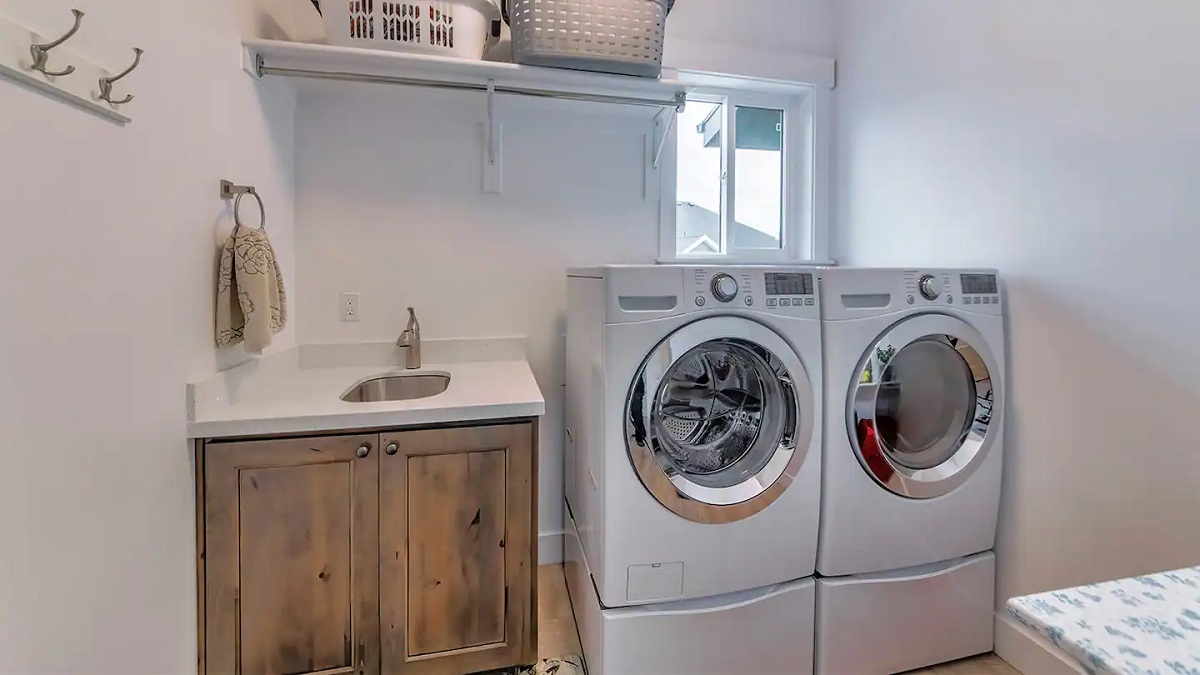

Articles
How Much To Install Washer And Dryer Hookups
Modified: August 28, 2024
Need help with installing washer and dryer hookups? Read our informative articles on how much it typically costs and what to expect during the installation process.
(Many of the links in this article redirect to a specific reviewed product. Your purchase of these products through affiliate links helps to generate commission for Storables.com, at no extra cost. Learn more)
Introduction
Welcome to the world of convenience and efficiency! Having a washer and dryer in your home can save you time and money, not to mention the hassle of lugging heavy loads to the laundromat. But what if your home doesn’t already have the necessary hookups for these appliances?
Installing washer and dryer hookups can be a game-changer, allowing you to enjoy the benefits of in-home laundry. However, it’s important to understand the factors that can influence the cost of this installation, as well as the options available to you.
In this article, we will explore the various factors that affect the cost of installing washer and dryer hookups, the average cost you can expect to pay, and additional costs to consider. We will also discuss the pros and cons of DIY installation versus hiring a professional.
Whether you’re looking to upgrade your laundry situation or are moving into a new home that lacks laundry hookups, this guide will provide you with the information you need to make an informed decision and budget accordingly.
So, let’s dive in and explore the world of washer and dryer hookup installation costs!
Key Takeaways:
- The cost of installing washer and dryer hookups can range from $500 to $2,000, influenced by factors like existing infrastructure, location, materials, permits, and labor. Consider DIY vs professional installation based on expertise, time, and budget.
- Additional costs to consider include appliance expenses, repairs or upgrades, disposal of old appliances, and finishing touches for the laundry area. DIY installation offers cost savings and flexibility, while professional installation ensures expertise, time savings, warranties, and insurance coverage.
Factors Affecting the Cost of Washer and Dryer Hookup Installation
When it comes to installing washer and dryer hookups, there are several factors that can impact the overall cost. Understanding these factors will help you anticipate expenses and budget accordingly. Here are some key factors to consider:
- Existing Infrastructure: The presence or absence of existing water, electrical, and venting connections will heavily influence the cost. If your home already has the necessary infrastructure in place, the installation will be relatively straightforward and less expensive. However, if you need to have new connections installed, the cost will increase.
- Location: The location of the laundry space within your home can affect the cost. If the laundry area is located on the ground floor, installation is typically easier and requires less work. On the other hand, if the laundry area is on an upper floor or in a basement, additional plumbing and electrical work may be necessary, resulting in higher installation costs.
- Materials and Equipment: The type and quality of materials and equipment you choose will impact the overall cost. High-end appliances or specialized components may come at a higher price tag. It’s important to consider your budget and preferences when selecting these items.
- Permits and Inspections: Depending on your local building codes and regulations, you may require permits and inspections for the installation. These additional requirements can incur fees, so be sure to check with your local authorities to understand the specific regulations in your area.
- Labor Costs: Hiring a professional for the installation will involve labor costs. The complexity of the job, the time it takes to complete, and the experience level of the installer can all impact the labor costs. Keep in mind that while hiring a professional may cost more upfront, it can save you time and potential issues down the line.
It’s important to note that the cost of washer and dryer hookup installation can vary significantly depending on these factors and other individual considerations. It’s always recommended to get multiple quotes from reputable professionals to ensure you’re getting the best value for your money.
In the next section, we will discuss the average cost of installing washer and dryer hookups to give you a better idea of what to expect.
Average Cost of Installing Washer and Dryer Hookups
The cost of installing washer and dryer hookups can vary depending on several factors, as mentioned earlier. However, to provide you with a general idea, let’s discuss the average costs you can expect to encounter.
In most cases, you can anticipate spending between $500 to $2,000 for a standard installation of washer and dryer hookups. This includes labor, materials, and any necessary permits or inspections.
The majority of the cost will be attributed to the plumbing and electrical work required for the installation. Plumbing costs can range from $300 to $1,000, depending on the complexity of the job and the location of the laundry area. Electrical work can cost between $200 to $800, again depending on the complexity and any additional electrical upgrades needed.
If you also need to install a dryer vent, you can expect to add an additional $150 to $500 to the overall cost. This will depend on the length and complexity of the venting system.
Keep in mind that these are just average estimates, and the actual cost may vary depending on your specific requirements and the professionals you hire. It’s always a good idea to obtain quotes from licensed and experienced contractors to get a more accurate assessment of your project’s cost.
Additionally, it’s worth considering any other expenses associated with the installation. For example, if you need to make modifications to the laundry area, such as adding walls or shelves, that could incur additional costs. It’s essential to factor in these potential expenses when planning your budget.
Now that you have an idea of the average costs involved, let’s discuss some additional costs you should consider when installing washer and dryer hookups.
When installing washer and dryer hookups, consider the location of the hookups in relation to existing plumbing and electrical systems to minimize installation costs.
Additional Costs to Consider
While the average cost of installing washer and dryer hookups provides a good starting point, it’s important to be aware of any additional expenses that may arise during the installation process. Here are some factors to consider:
- Appliance Costs: The cost of the washer and dryer themselves is not typically included in the installation cost. Depending on your preferences and budget, the price range for these appliances can vary greatly. Research different brands, models, and features to find the best fit for your needs and budget.
- Upgrades or Repairs: In some cases, the existing plumbing or electrical system may require upgrades or repairs to accommodate the new washer and dryer hookups. These additional tasks can add to the overall cost of the project. It’s important to have a professional assess the condition of your current infrastructure to determine if any upgrades or repairs are necessary.
- Disposal of Old Appliances: If you are replacing existing appliances, you may need to consider the cost of disposing of the old ones. Some municipal waste management services offer disposal options, but there may be fees associated with this service. Alternatively, you can explore other options such as donating or selling the appliances.
- Finishing Touches: Depending on your aesthetic preferences and the layout of your laundry area, you may want to consider additional finishing touches such as paint, flooring, or countertop installations. These cosmetic enhancements are not directly related to the washer and dryer hookup installation but can add to the overall cost if you choose to include them in your project.
- Maintenance and Repairs: It’s important to factor in ongoing maintenance and potential repair costs for your new washer and dryer. Regular maintenance, such as cleaning the lint trap and inspecting the hoses, can help prevent more significant issues. However, in the event that repairs are needed, it’s important to budget for these unexpected costs.
By considering these additional costs, you can better estimate the total investment required for your washer and dryer hookup installation project. Remember to be thorough and realistic when budgeting to ensure a smooth installation process without any financial surprises.
Now, let’s explore the pros and cons of DIY installation versus hiring a professional.
DIY vs Professional Installation
When it comes to installing washer and dryer hookups, you have the option to tackle the project yourself or hire a professional. Let’s compare the pros and cons of each approach to help you make an informed decision:
DIY Installation:
- Cost Savings: One of the main advantages of DIY installation is the potential cost savings. By taking on the project yourself, you can eliminate labor costs associated with hiring a professional.
- Flexibility: DIY installation allows you to work at your own pace and on your own schedule. You have control over every aspect of the project, including the materials used and the design choices.
- Learning Experience: Installing washer and dryer hookups can be a valuable learning experience. It provides an opportunity to gain new skills and knowledge about plumbing and electrical systems.
However, it’s important to consider the potential drawbacks of DIY installation:
- Lack of Expertise: If you have limited experience or knowledge in plumbing or electrical work, DIY installation could be challenging and potentially lead to mistakes or unsafe installations.
- Time and Effort: Installing washer and dryer hookups can be a time-consuming project, especially if you’re not familiar with the process. It may require extensive research and troubleshooting, adding to the overall time and effort involved.
- Potential Issues: Incorrect installations can lead to leaks, electrical problems, or damage to your home. These issues can be costly to fix and may not be covered by insurance if caused by DIY installation.
Professional Installation:
- Expertise and Experience: Hiring a professional ensures that the installation is done correctly and meets all necessary codes and regulations. Professionals have the knowledge and experience to handle any challenges and ensure a safe and efficient hookup.
- Time Savings: With a professional handling the installation, you can save valuable time and effort. They have the necessary tools and expertise to complete the job efficiently.
- Warranty and Insurance: Professional installers often provide warranties on their work, giving you peace of mind in case any issues arise. Additionally, their services are typically insured, protecting you from liability in case of accidents or damages.
Of course, professional installation comes with its own considerations:
- Higher Cost: Hiring a professional can significantly increase the overall cost of the installation. However, the expertise and assurance of a job well-done may outweigh the upfront expense.
- Limited Design Control: When working with a professional, you may have less design control compared to a DIY project. The installer will adhere to industry standards and regulations, which may limit certain design choices.
Ultimately, the decision between DIY installation and hiring a professional depends on your comfort level, budget, and the complexity of the project. If you’re confident in your abilities and have the necessary knowledge and skills, DIY installation can be a cost-effective option. However, if you have concerns about your expertise or want the peace of mind that comes with professional installation, hiring a reputable installer is the best choice.
Now that you have a better understanding of the pros and cons of each approach, you can make an informed decision based on your specific circumstances and preferences.
Read more: What Does Washer Dryer Hookup Mean
Conclusion
Installing washer and dryer hookups can greatly improve the convenience and efficiency of your laundry routine. By understanding the factors that affect the cost, the average expenses involved, and the pros and cons of DIY versus professional installation, you can make an informed decision that suits your budget and needs.
When considering the cost of washer and dryer hookup installation, it’s important to take into account factors such as existing infrastructure, location, materials, permits, inspections, and labor costs. These variables can significantly impact the overall expense.
On average, you can expect to spend between $500 to $2,000 for a standard installation. However, the actual cost may vary depending on your specific requirements and the professionals you hire. Obtaining multiple quotes from reputable contractors is essential to ensure you’re getting the best value for your money.
Additionally, be sure to consider any additional costs that may arise, such as appliance expenses, repairs or upgrades, disposal of old appliances, and finishing touches to enhance the aesthetics of the laundry area.
When it comes to installation, you have the option to tackle the project yourself or hire a professional. DIY installation offers potential cost savings, flexibility, and a valuable learning experience. However, it requires expertise in plumbing and electrical work, as well as time and effort. Professional installation, on the other hand, ensures expertise, time savings, warranties, and insurance coverage. It comes at a higher cost but provides peace of mind and a job done correctly.
Ultimately, the decision between DIY and professional installation depends on your comfort level, budget, and the complexity of the project. Assess your skills, consider the potential risks, and weigh the trade-offs before making a decision that aligns with your specific circumstances.
Installing washer and dryer hookups can be a significant investment, but the benefits of having in-home laundry convenience and efficiency are well worth it. With careful planning, budgeting, and consideration of all the factors involved, you can enjoy the convenience of your own laundry setup in no time.
Ready to tackle more home improvement projects? Up next, learn all about running overhead electrical wiring to your garage, ensuring all your tools and gadgets have the juice they need. Then, switch tracks and discover some of the finest hardwood floors available for home renovation that can transform any room from plain to plush in no time. Both guides offer practical tips and detailed steps to elevate your home's functionality and style.
Frequently Asked Questions about How Much To Install Washer And Dryer Hookups
Was this page helpful?
At Storables.com, we guarantee accurate and reliable information. Our content, validated by Expert Board Contributors, is crafted following stringent Editorial Policies. We're committed to providing you with well-researched, expert-backed insights for all your informational needs.
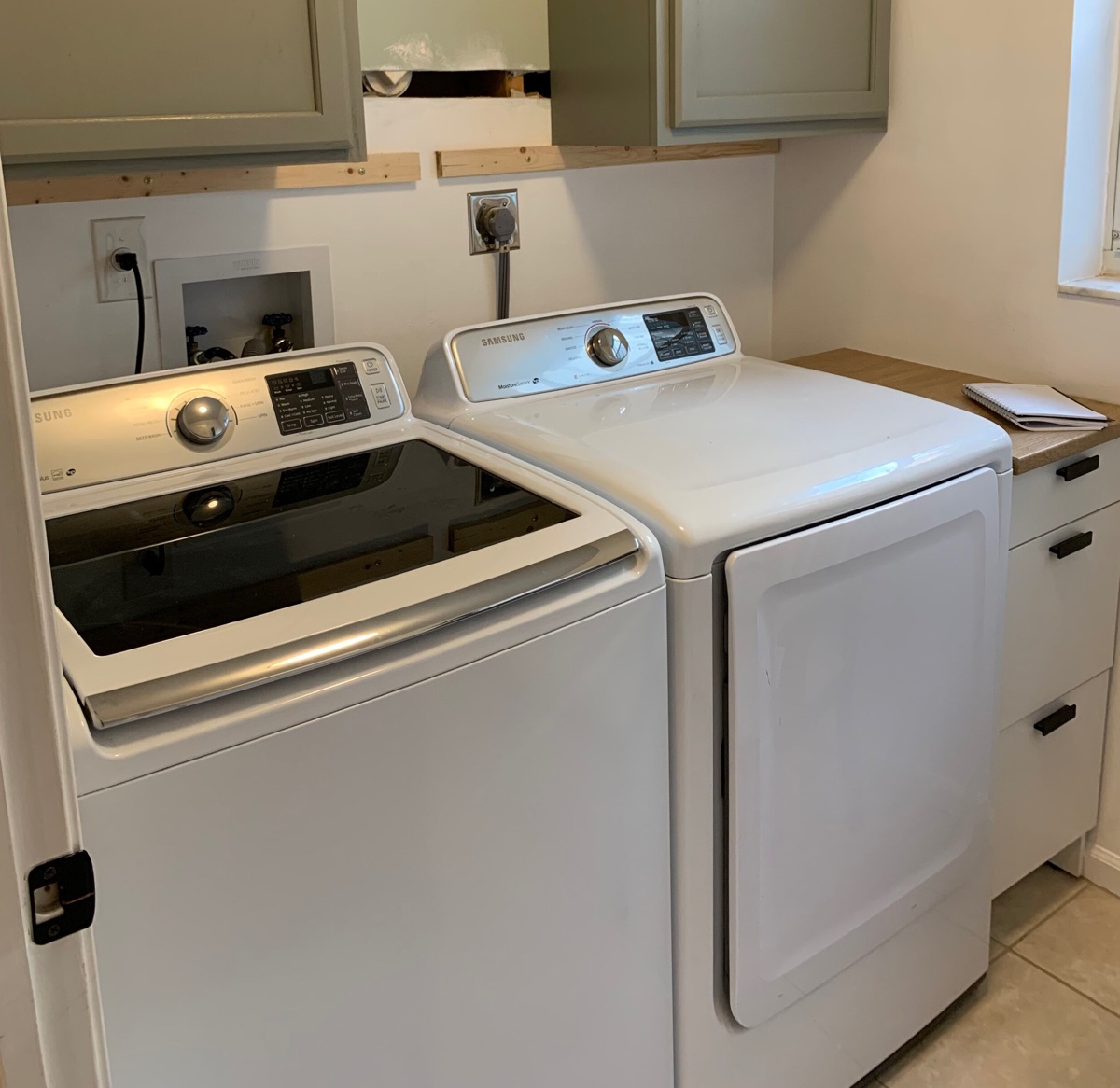
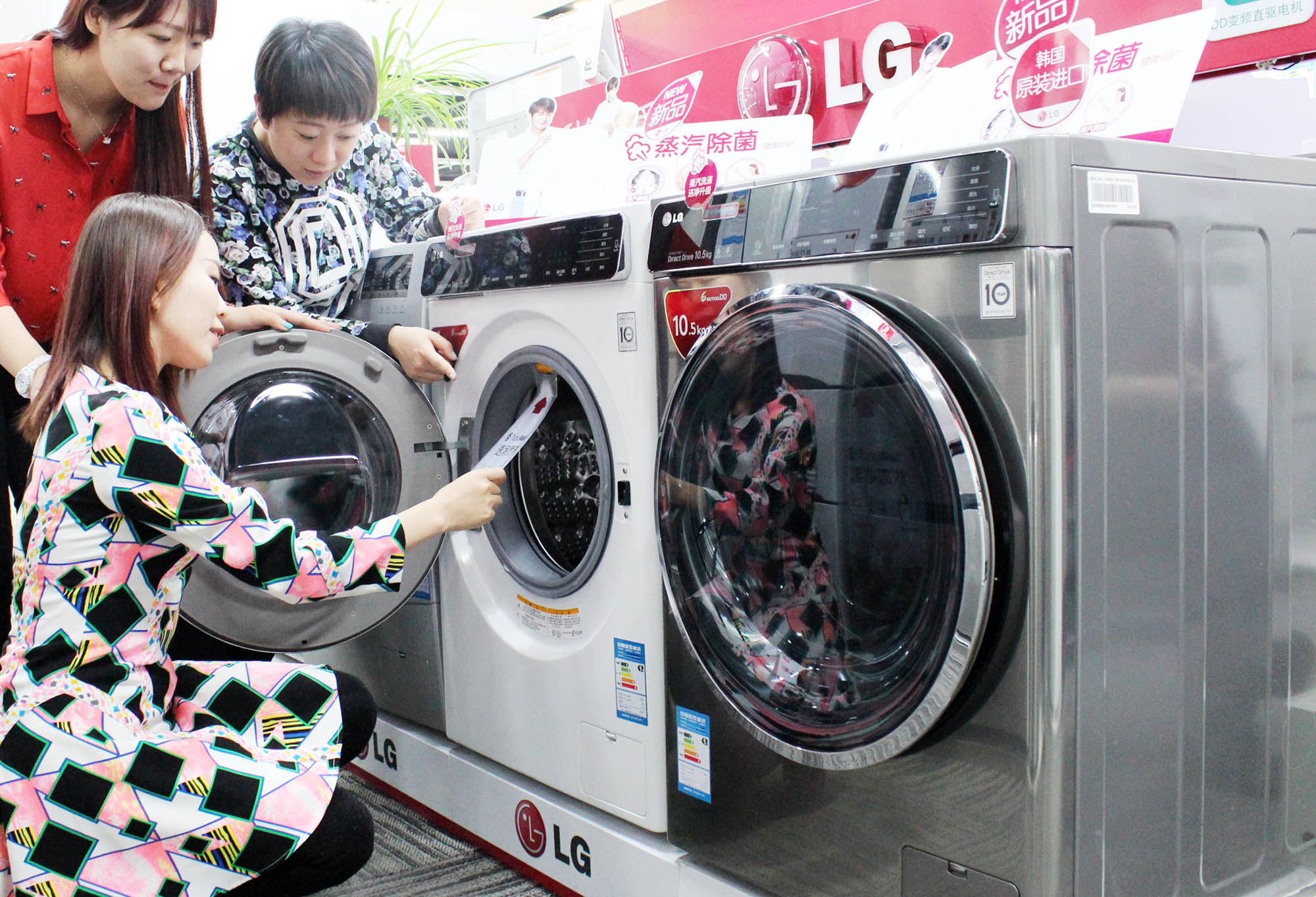
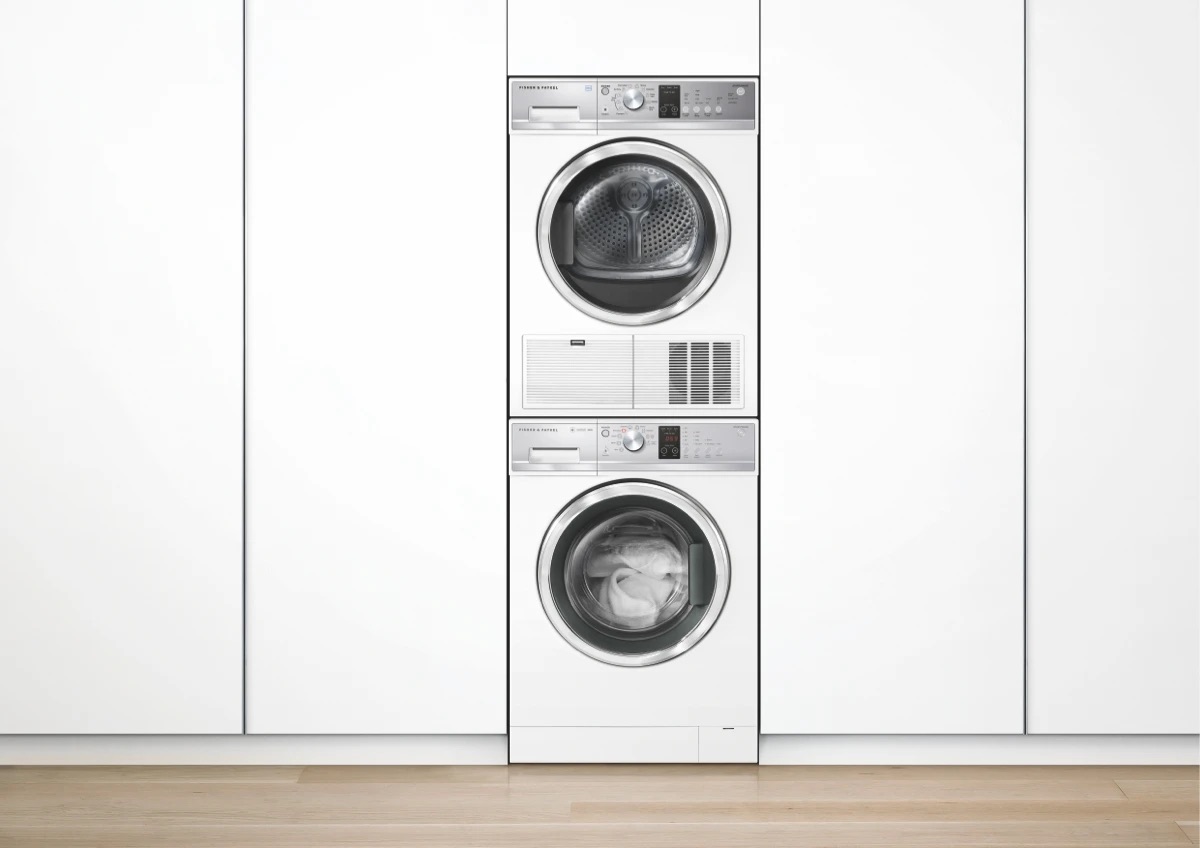
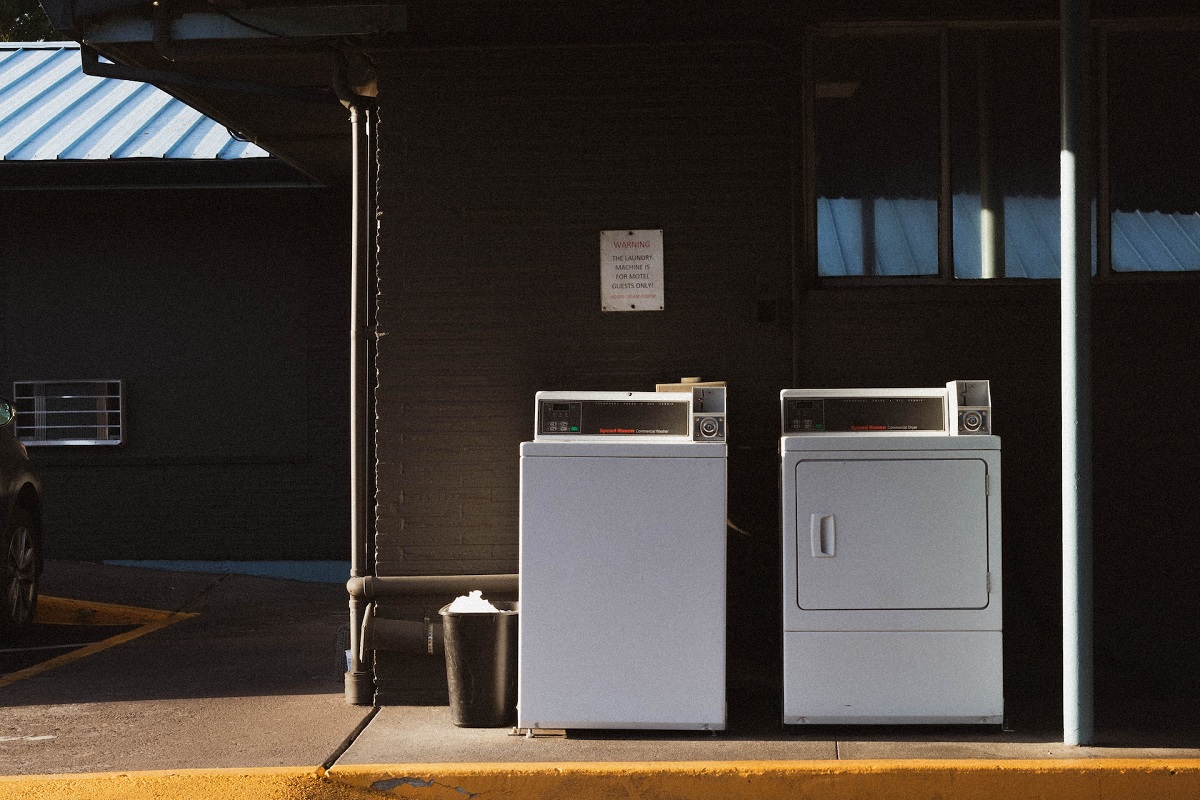
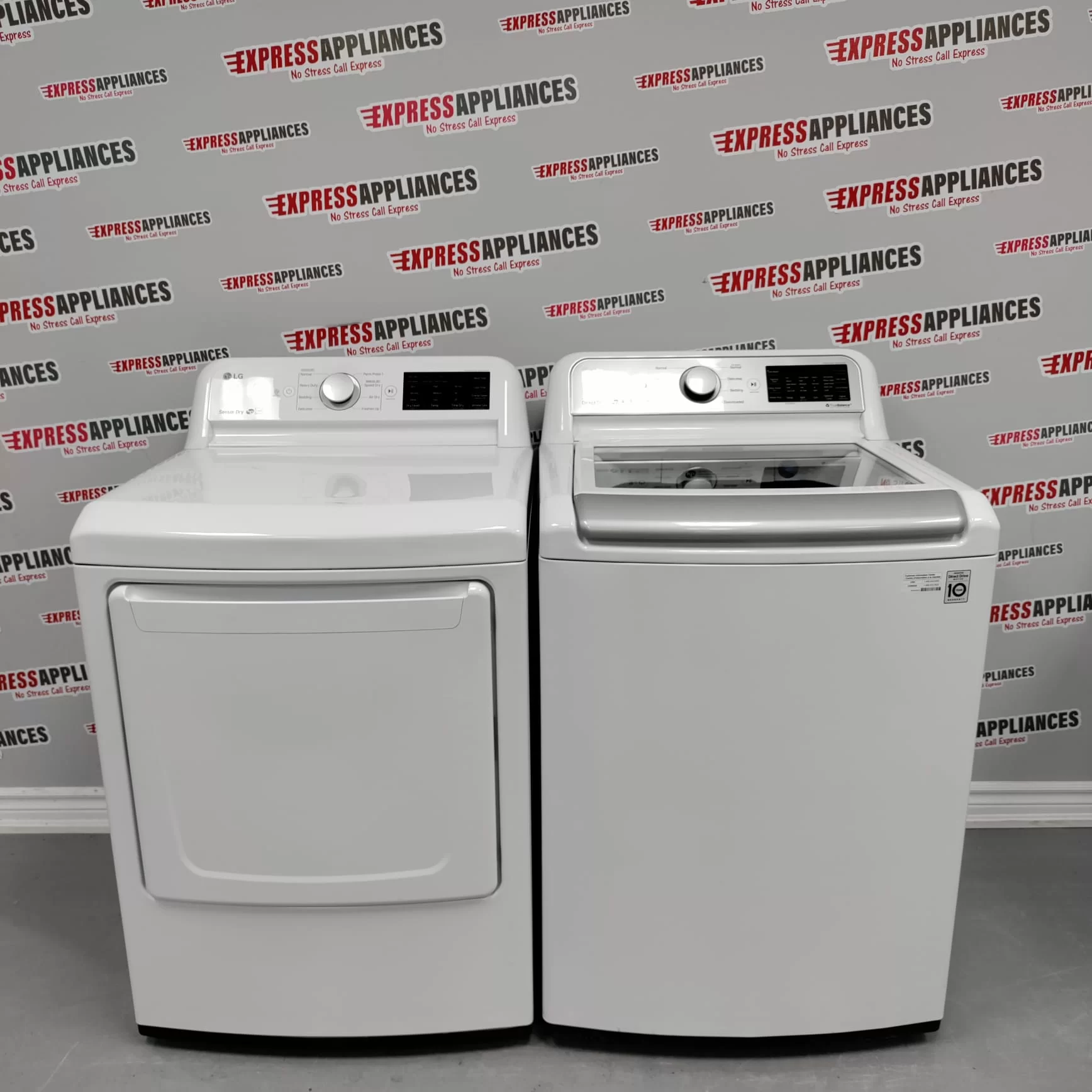
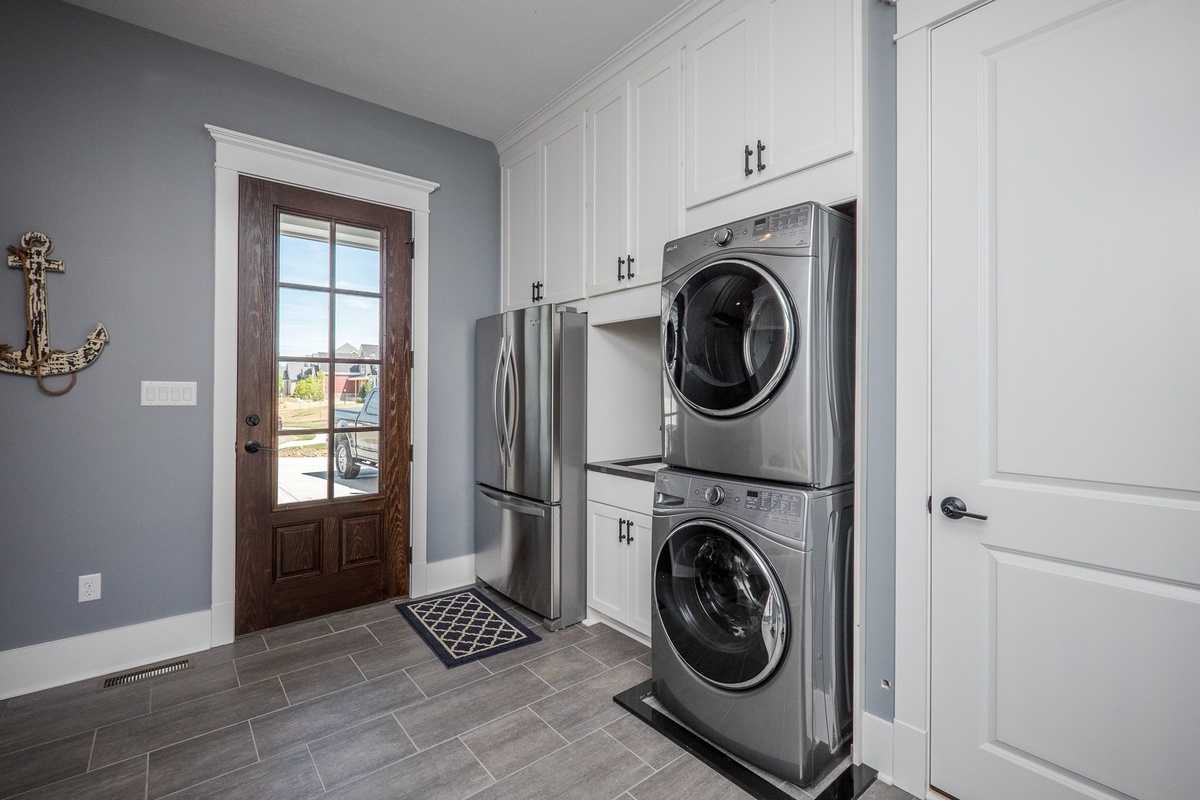
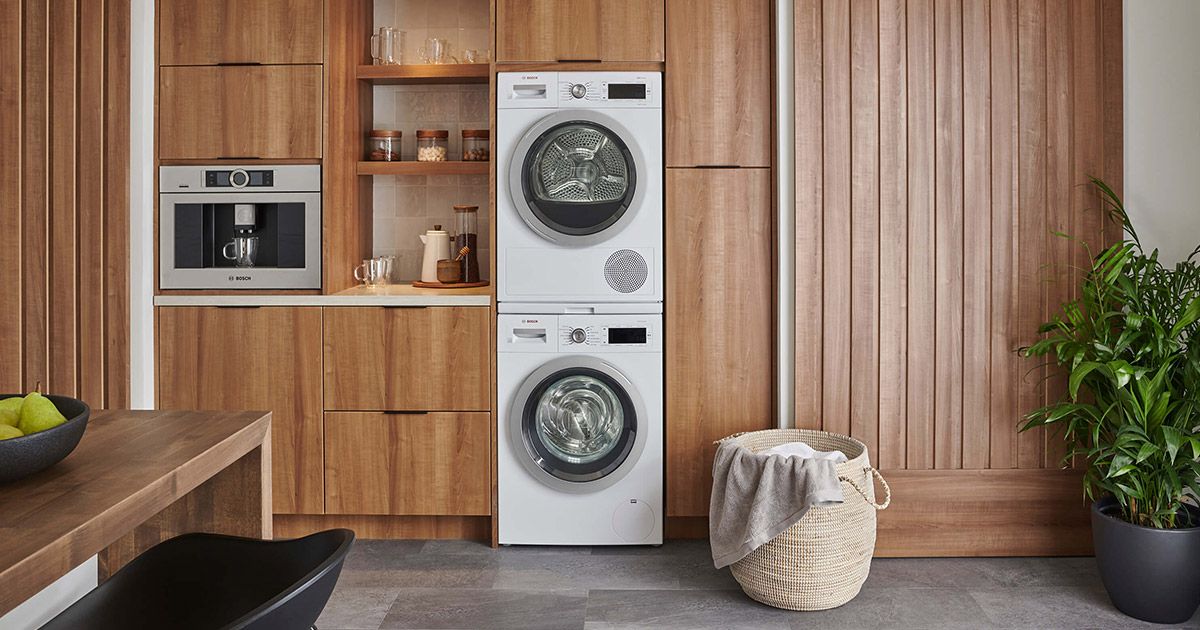
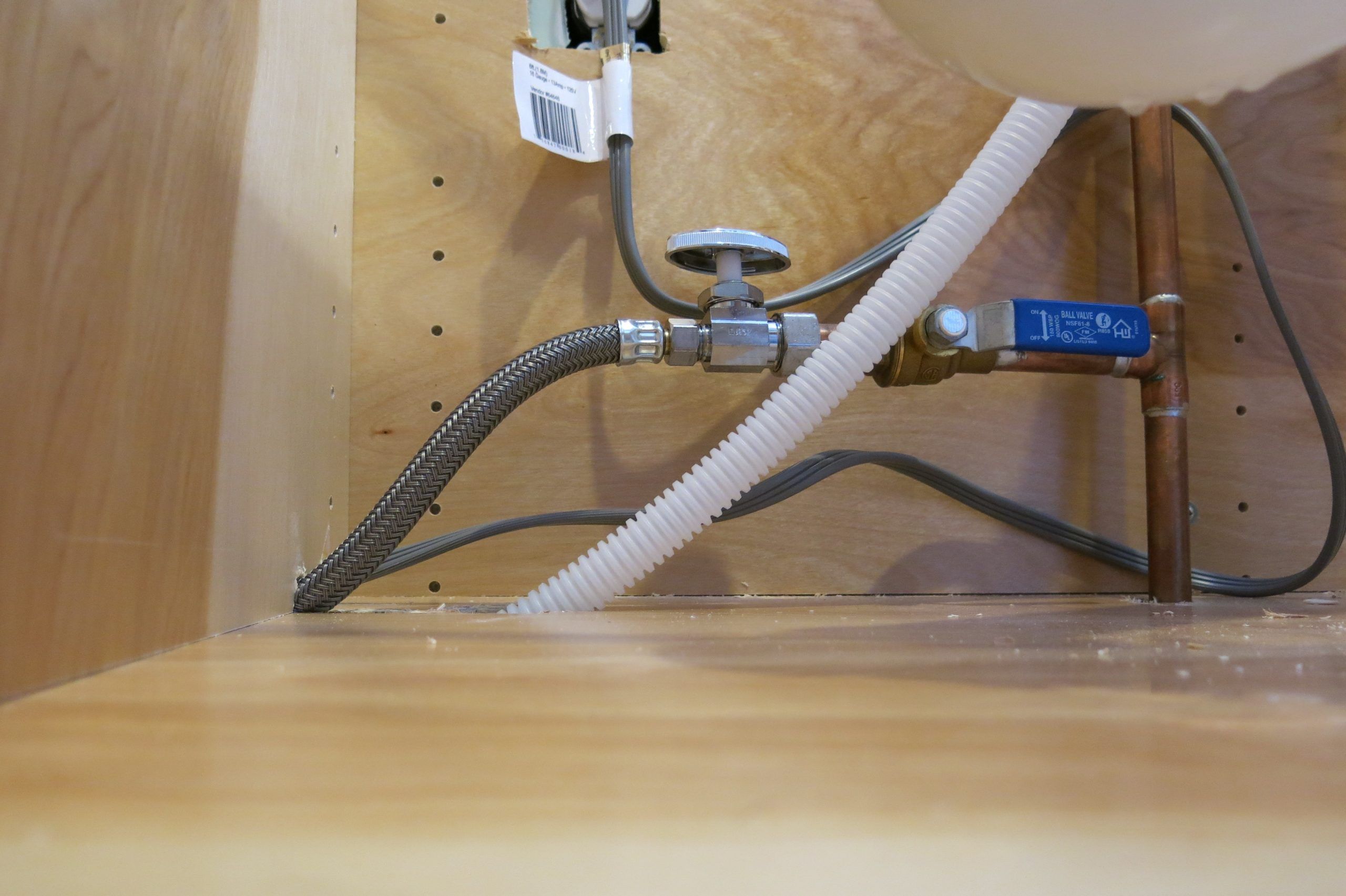
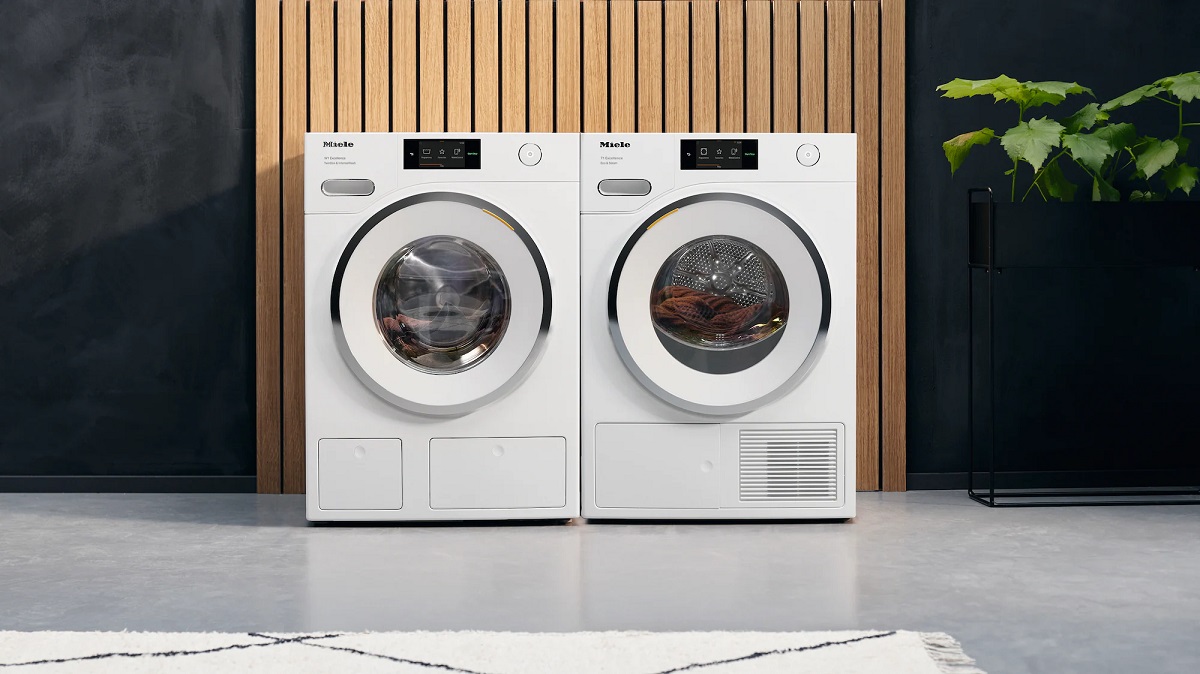
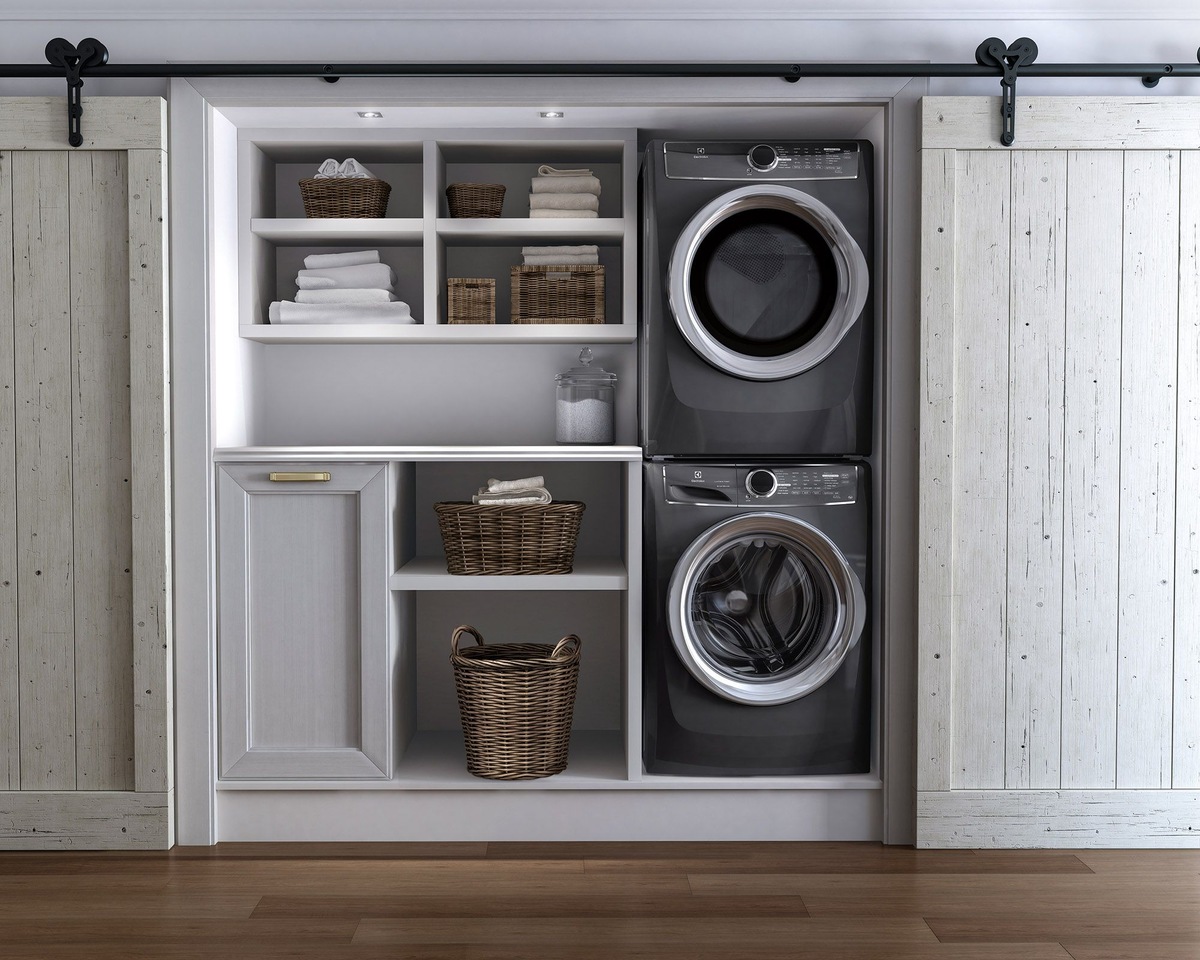
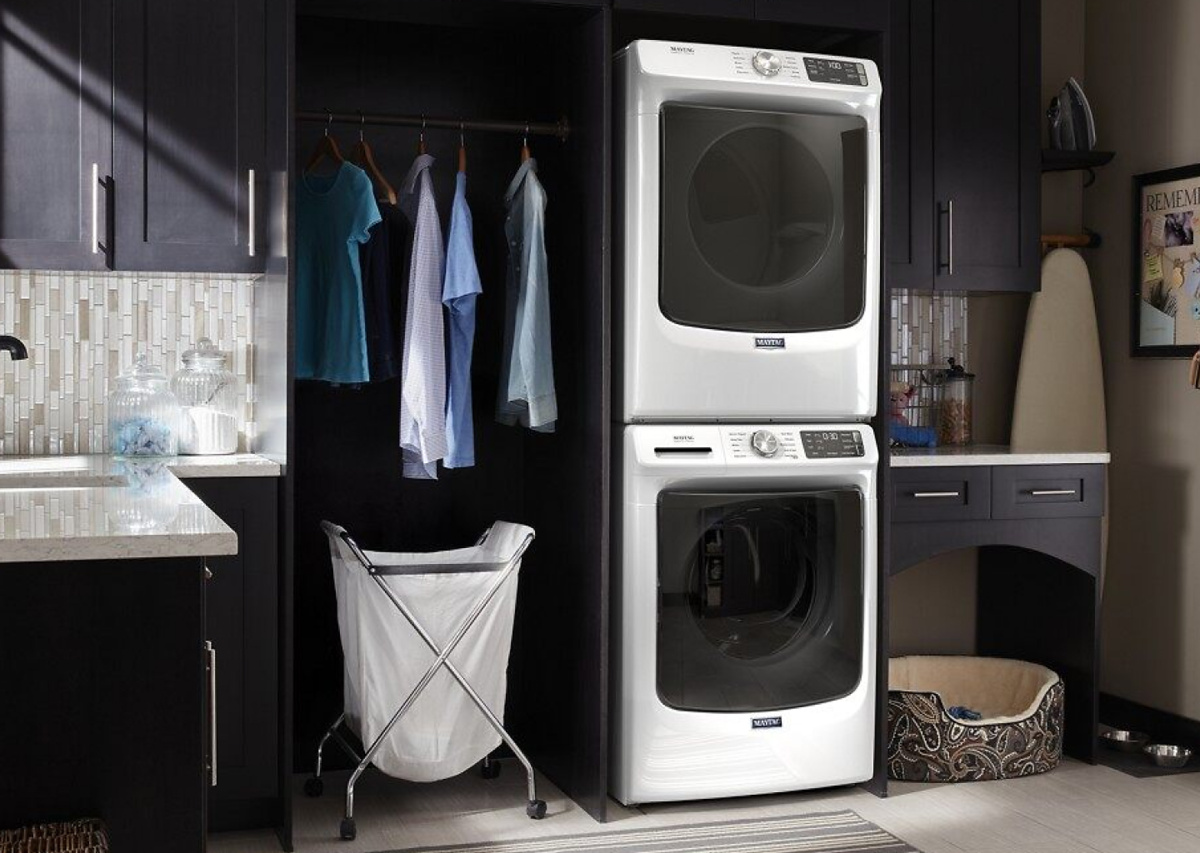
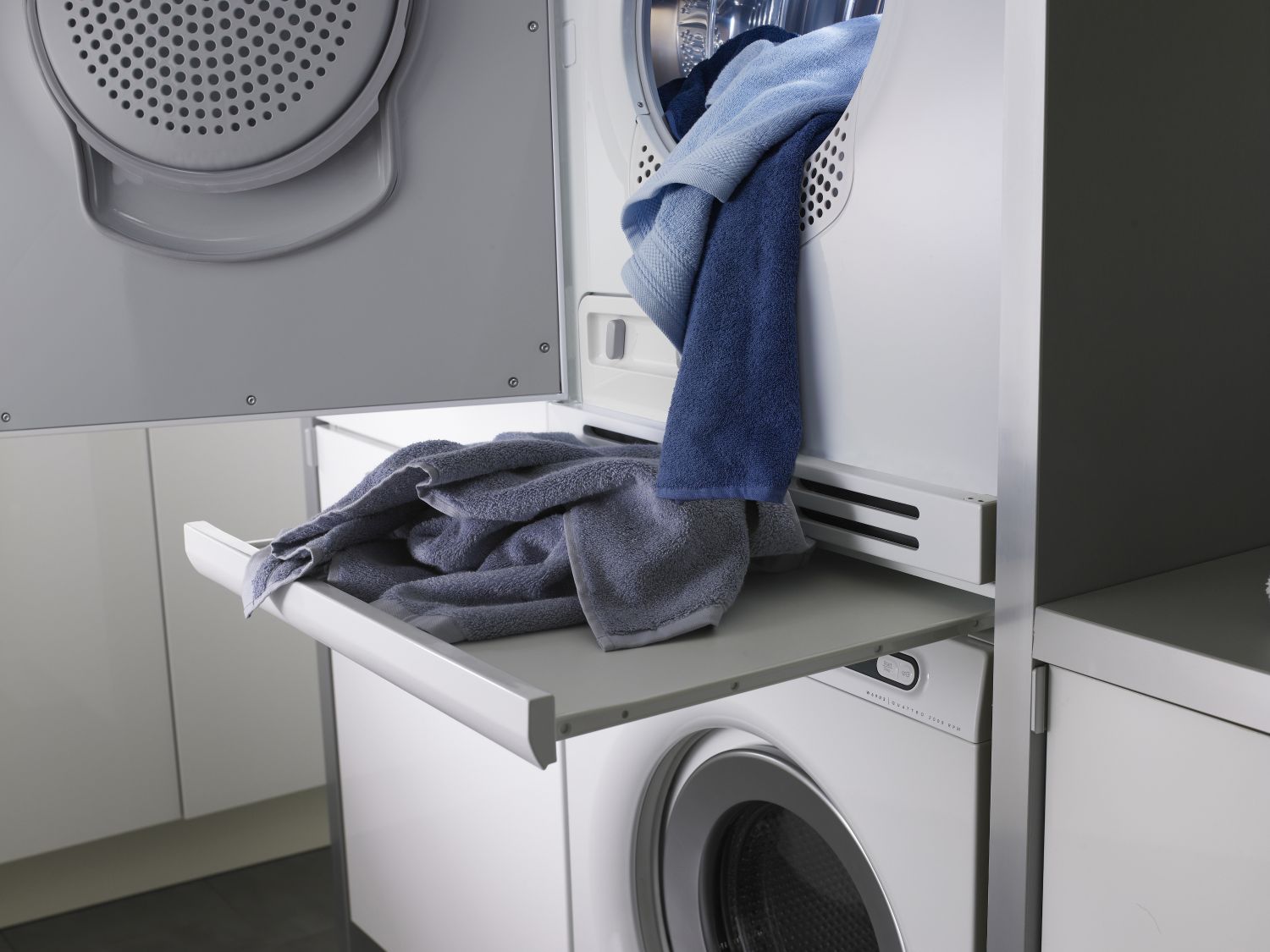
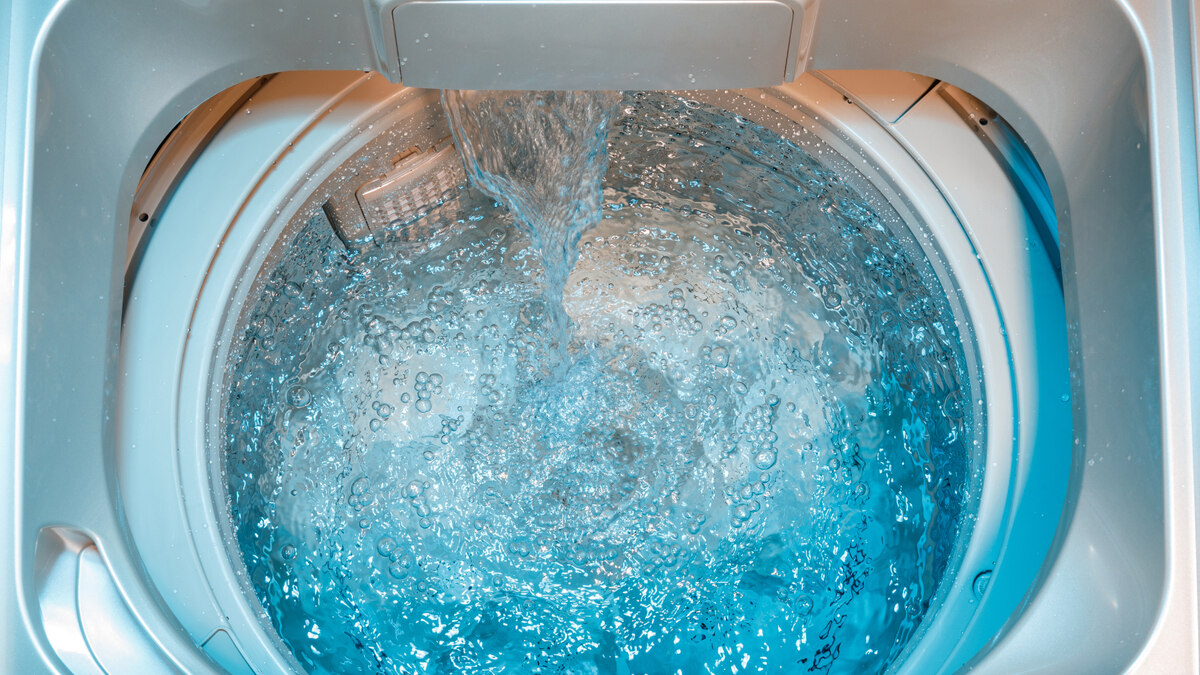
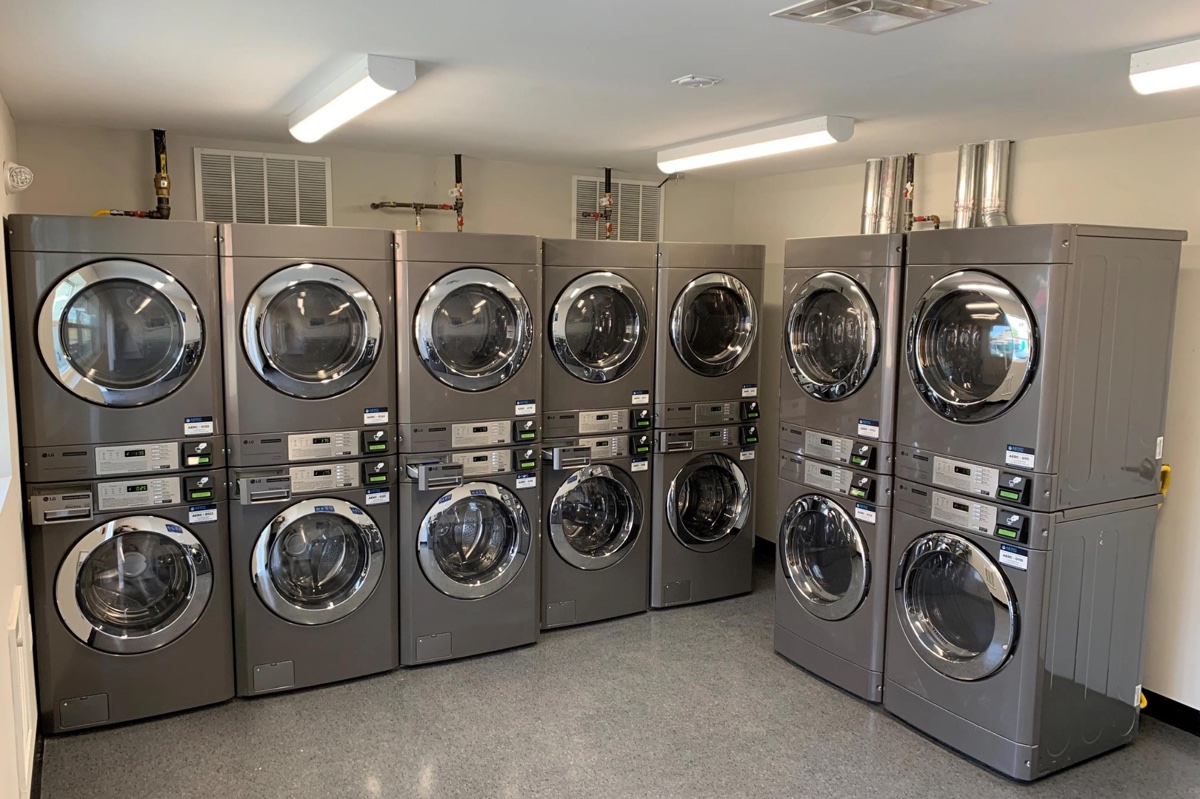

0 thoughts on “How Much To Install Washer And Dryer Hookups”